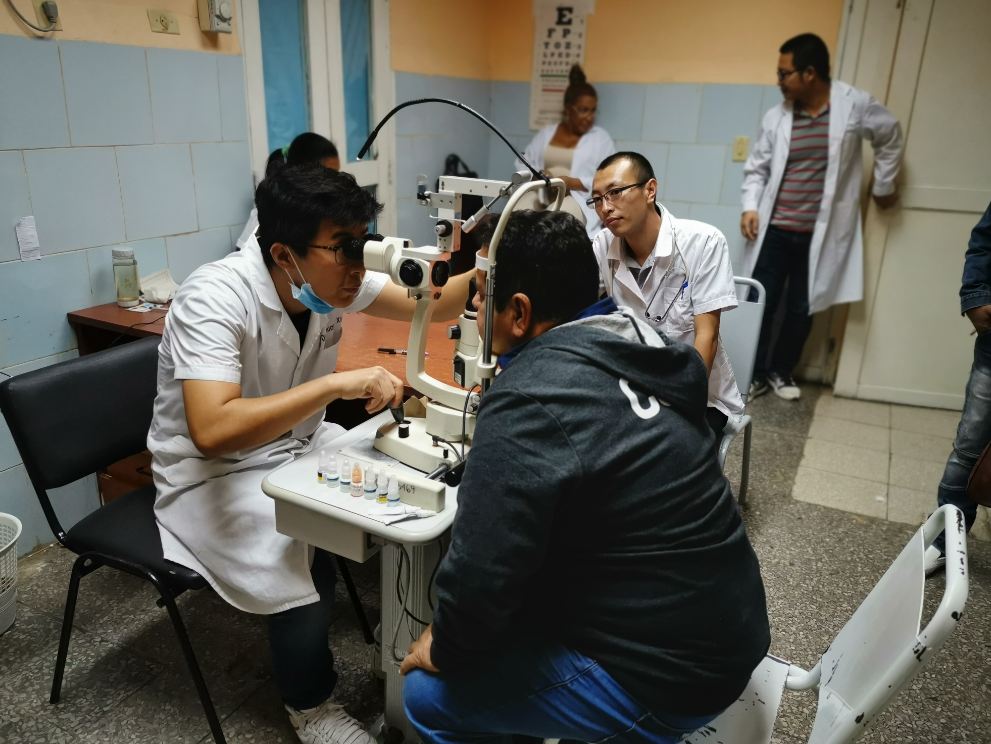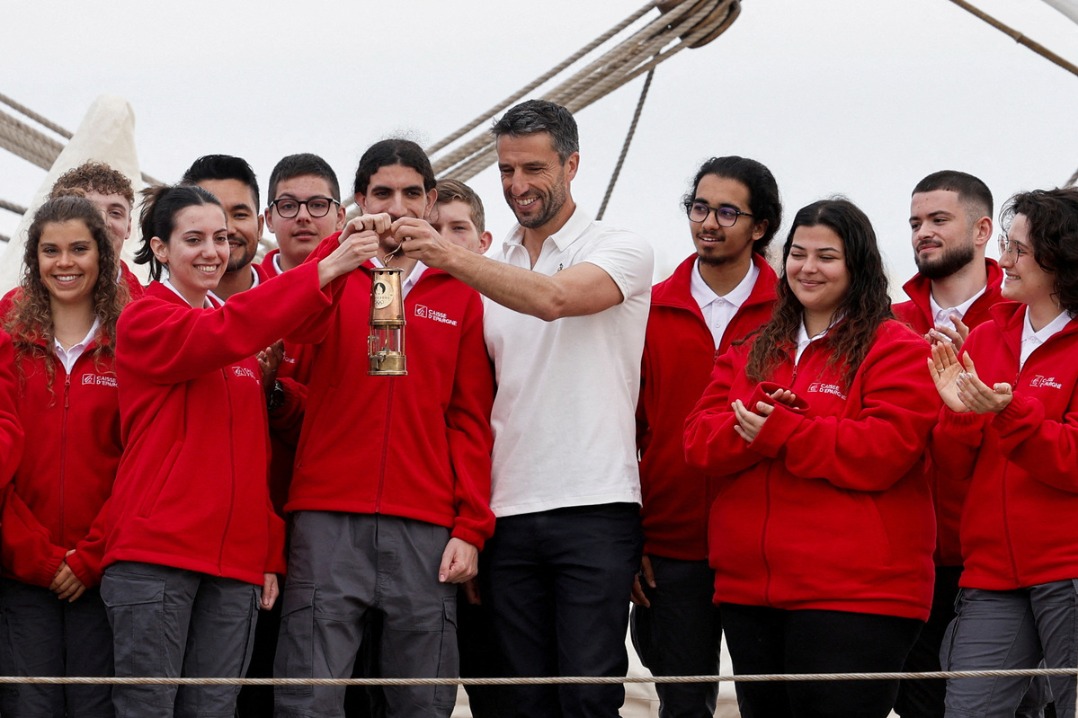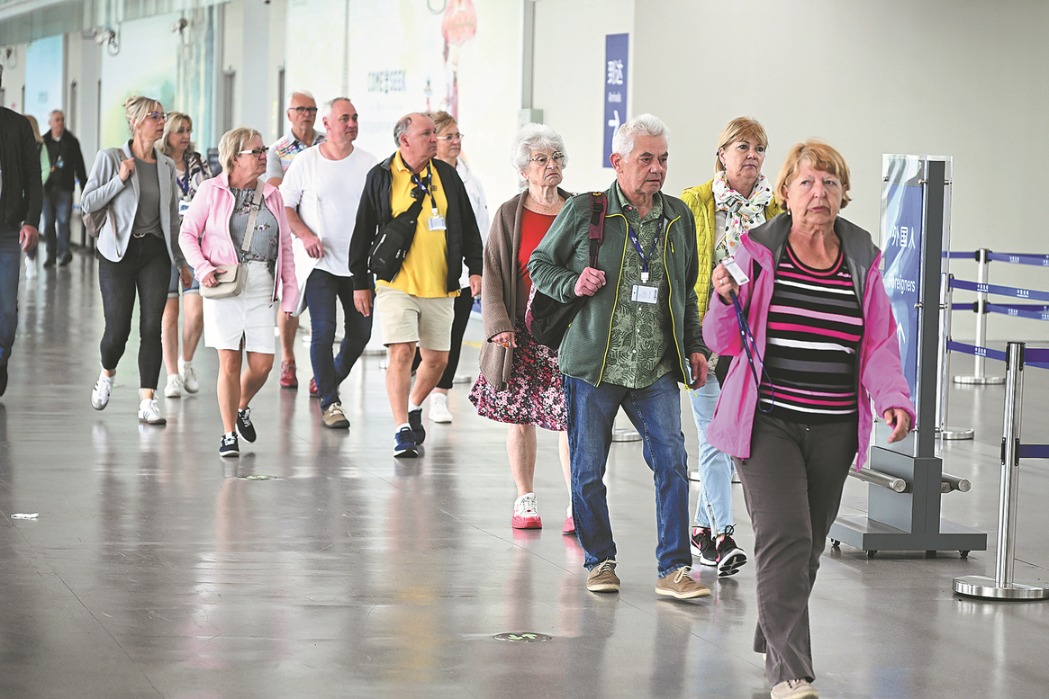Medical students warm to studies in Cuba
By Hu Yuanyuan | China Daily | Updated: 2019-02-22 07:15

Li has spent her time studying healthcare in Havana. In January last year, the 28-year-old began her postgraduate studies at the Central Institute of Ophthalmology Ramon Pando Ferrer in the city as a medical resident. After graduation, she will specialize in general ophthalmology.
Li remembers clearly her teacher's opening remark in her first class at the School of Santiago Figueroa, where students spend the first year learning Spanish. The teacher said, "I am 26 years old this year, and I am excited to have so many children (referring to the students) all of a sudden." Li said all the students burst into laughter on hearing this.
Li was among the last group of students to enroll in the program. The scholarship, which started in 2006, was suspended after 2009 due to the Cuban government's financial difficulties, but many students stayed in the country to further their studies.
Zhou Can, from Guiyang, capital of Guizhou province, began her studies in Cuba in 2008. She returned to China after seven years and became a doctor at a hospital in her home city.
"I often miss my time in Cuba, even though the living conditions there are not so good," she said.
"I was deeply impressed by Cuban people's gratitude for life and their outlook. They long to see the rest of the world, and they cherish each day, whether they are rich or poor."
After working for three years as a doctor in Guiyang, Zhou said her most direct impression is that China, with its large population, cannot emulate Cuba's free healthcare system. Chinese doctors face a great deal of pressure due to the large number of patients, she said.
"Sometimes we even have to run to the restroom. And in China, the relationship between doctors and patients is not so harmonious as it is in Cuba. A lack of preliminary medical knowledge usually makes communication between doctors and patients more difficult in China."
Zhou left the Guiyang hospital last year to pursue further studies in Spain, while Kou, who is president of the Chinese student union in Cuba, is applying for an internship at the World Health Organization.
Kou's research for his doctorate is on atherosclerosis, a condition in which the inside of an artery narrows dues to a buildup of plaque, a topic highly relevant in both Cuba and China, due to their fast-growing aging populations.
"I am thinking about finding a job in Beijing later, hoping my strengths in both medicine and Spanish can give me a competitive edge," Kou said. "But maybe I need more time to familiarize myself with the medical system and process at home."























